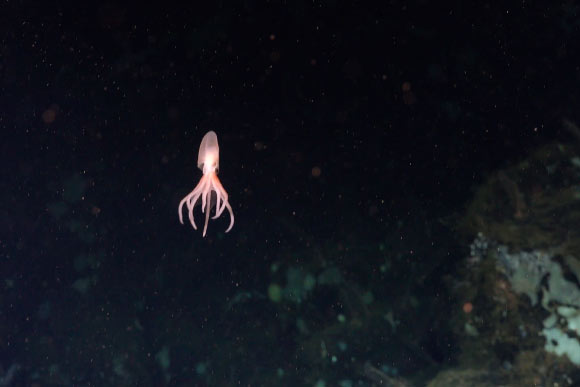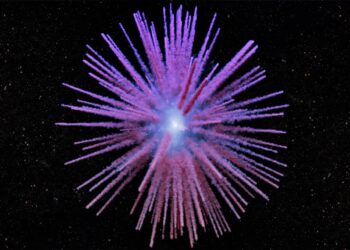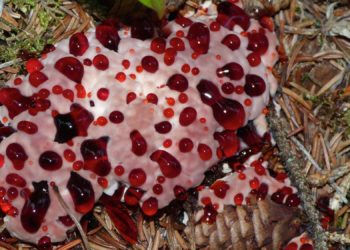Marine biologists aboard Schmidt Ocean Institute’s R/V Falkor discovered at least four new species of deep-sea octopuses during two 2023 expeditions examining seamounts off the Pacific coast of Costa Rica.
“The impact of the R/V Falkor expeditions on understanding the deep Pacific waters of Costa Rica will last into the future and hopefully create awareness that evolves into policies to protect the deep sea of the country,” said Dr. Jorge Cortés, a researcher at the University of Costa Rica.
“I hope that the expeditions serve as an inspiration for new generations. We need more international collaborations to advance knowledge of our deep-sea heritage.”
During their first expedition in June 2023, Dr. Cortés and his colleagues found two octopus nurseries affiliated with hydrothermal springs.
Six months later, they returned to the nurseries and confirmed they appear to be active year-round.
They also observed several other new octopus species away from the hydrothermal springs.
One of the new species belongs to the octopus genus Muusoctopus and will be named the Dorado octopus after the initial location of discovery, a small outcrop of rock unofficially called El Dorado Hill.
It is a related but distinct species from the pearl octopus found at Davidson Seamount in California in 2018, the site of another deep-sea octopus nursery.
Of the four new Costa Rica species, only the Dorado octopus was observed brooding their eggs at hydrothermal springs.
The discovery adds to evidence that the Muusoctopus genus has evolved to brood their eggs in warm springs on the seafloor.
“Through hard work, our team discovered new hydrothermal springs offshore Costa Rica and confirmed that they host nurseries of deep-sea octopus and unique biodiversity,” said Dr. Beth Orcutt, a researcher at the Bigelow Laboratory for Ocean Sciences.
“It was less than a decade ago that low-temperature hydrothermal venting was confirmed on ancient volcanoes away from mid-ocean…
Read the full article here







